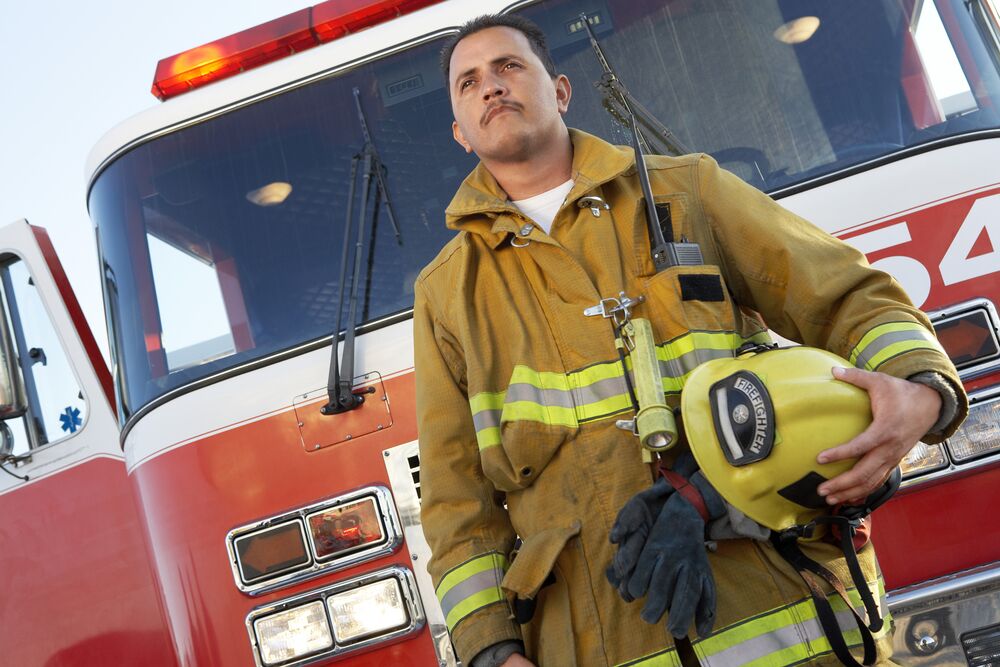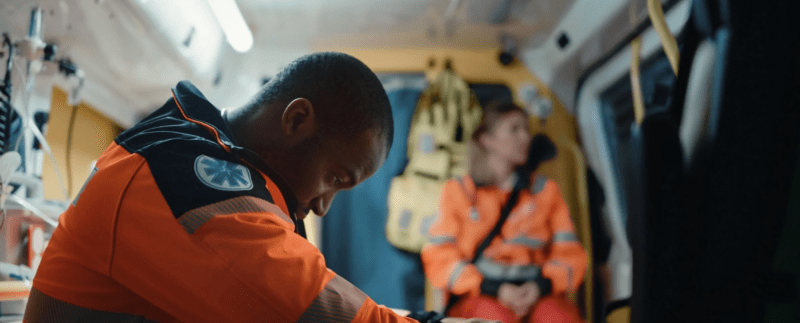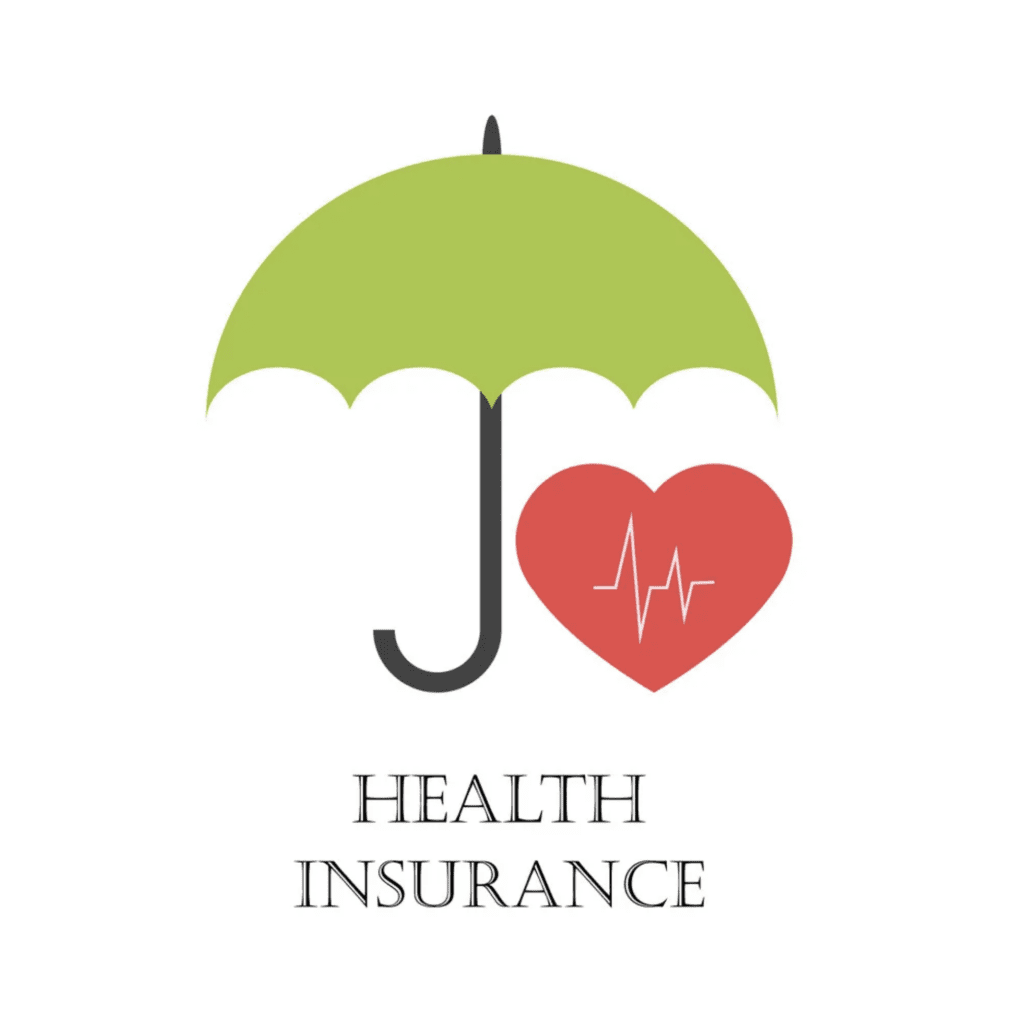What Is Specialized Treatment for First Responders?
Every week, first responders throw themselves into dangerous situations unknown to the general population. They can develop post-traumatic stress disorder (PTSD) and substance abuse issues gradually or immediately after seeing a traumatic event. People in this profession need specialized care, support and recovery programs.
What Our First Responders Addiction Treatment Program Covers
Our partial hospitalization, intensive outpatient and general outpatient programs provide education, medical care and mental health services administration that encourage healthy lives and better relationships with their families.
Drug Addiction Treatment
Many vulnerable people turn to substance use to deal with their physical pain and PTSD symptoms. Our first responders’ drug treatment program targets the underlying issues that led the first responder to this coping mechanism.
Alcohol Addiction Treatment
After a traumatizing experience, a first responder might turn to alcohol to deal with job stress. Our alcohol addiction program for First Responders can treat PTSD and acute stress in a safe, nonjudgmental environment.

Types of Rehab Programs We Offer in New Jersey
Our substance use disorder programs offer recovery therapy for residents needing treatment after a high-risk experience or suffering from PTSD’s cumulative effects. They might cope with one or two experiences, but the stress builds up over time until daily functioning becomes a struggle.
First Responders Rehab | Who Does It Work For?
First Responders’ Mental Health Treatment
First responders often require specialized addiction treatment and should always get diagnosed and treated for any other mental health conditions that are present. Trained staff specializing in trauma should oversee treatment and offer specialty therapies such as EMDR where necessary.
The Affordable Care Act requires insurance companies to cover some level of addiction recovery. Insurance companies typically cover more for in-network providers. However, your plan might exclude services like supplemental therapy or aftercare programs.
During the admissions process, our operators verify your insurance coverage to ensure your plan covers substance abuse treatment and help from mental health professionals. If you don’t have full coverage, we can suggest other treatment options, such as paying out-of-pocket or seeking a new insurance plan.

An Addiction Treatment Program Designed for First Responders
First responders often need to blunt their emotional responses in the line of duty, but the consequences of doing so can be far-reaching and devastating. To get help in an addiction treatment center that offers specialized trauma therapy for emergency responders and police officers, call 609-622-5101 today.

